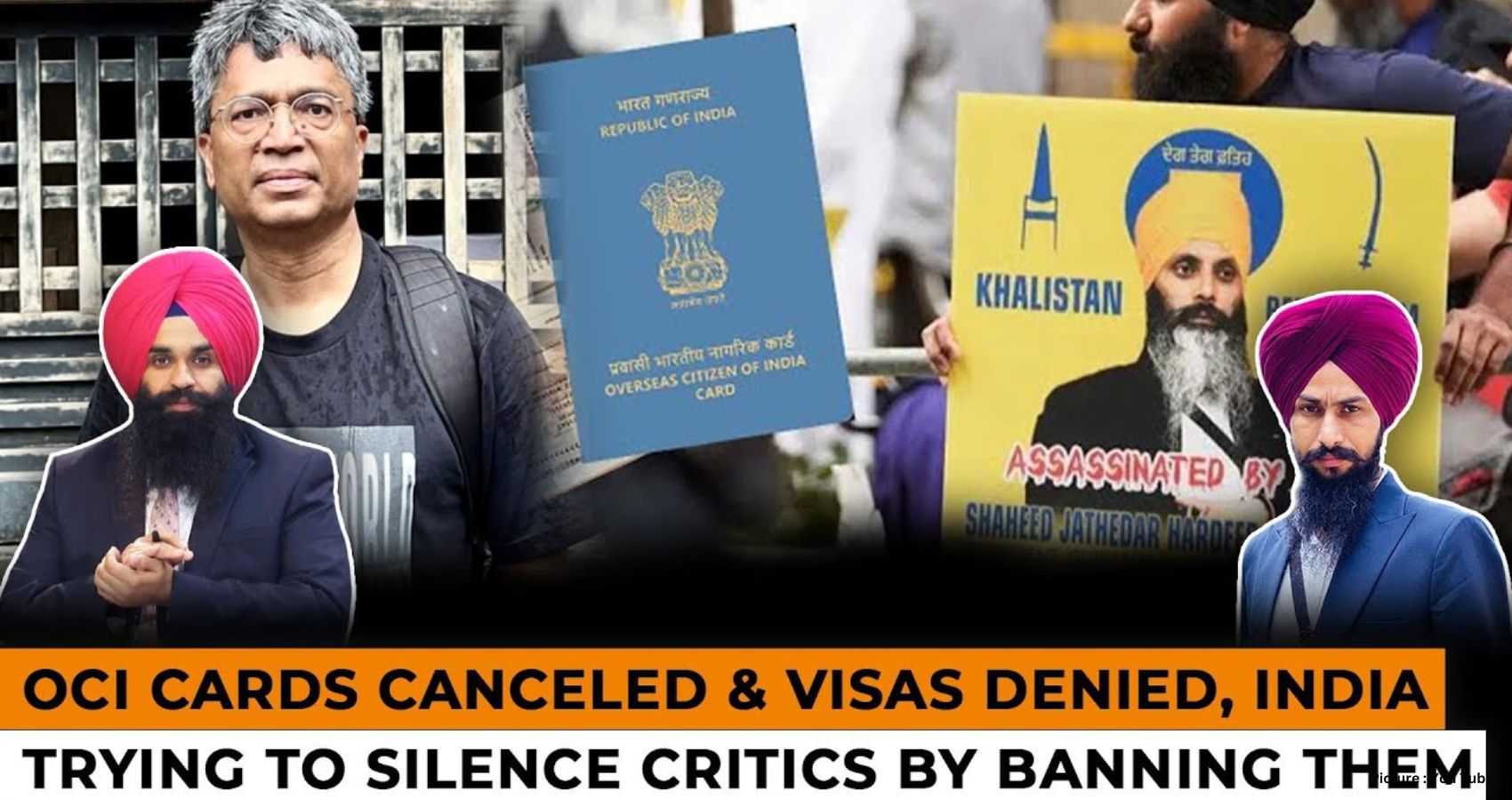“The recent denial of entry to India by Professor Nitasha Kaul from the U.K. is nothing short of weaponization of OCI cards to silence the critics of the BJP Government. This action that is contrary to the democratic traditions not only diminishes the value of the OCI card but also tarnishes the image of India as a beacon of freedom and liberty,” said George Abraham, Vice-Chair of the Indian Overseas Congress, USA.
Last Sunday, Nitasha Kaul, an Indian-origin UK-based professor at the University of West Minister, claimed that she was denied entry into India and was sent back to London from the Bengaluru airport based on “orders from Delhi.” She is said to have stated that she was denied entry because of her opinions on “democratic and constitutional values.”
During a weekly media briefing by MEA spokesperson Randir Jaiswal said, “This U.K. national (Nitasha Kaul) came to India on February 22. As you know, the entry of foreign nationals into our country is a sovereign decision,” a surprising statement from a person who has been celebrating the diversity and achievements of India with the overseas Indian community until very recently.
The BJP-led government is said to have canceled at least 102 OCI cards between 2014 and May 2023, including several journalists and academicians. In 2021, the Centre issued a notification introducing a series of new restrictions that curtailed the rights and liberties of OCI card holders.
According to the notification, OCI card holders had to secure a special permit to undertake any research, missionary, Tablighi, or journalistic activities or to visit any area in India notified as protected, restricted, or prohibited.
If a democratic government is sure-footed about their policies and actions, they may not go down to this level to silence someone who participates in a policy debate. It is also ironic that this is the same government that takes pride in chastising foreign governments on their failures to protect the safety and religious freedom of its citizens abroad.
There is increasing evidence that global freedom is at risk where democratic governments are becoming increasingly authoritarian and more effective in curtailing the freedom of their citizens but also reaching out and beginning to control their expatriate population from expressing their disapproval of the governance or differing on their policy making that may be quickly interpreted as ‘anti-national.’ Unless the voters in India and the Diaspora recognize this looming danger, free expression will become a thing of the past.
Therefore, IOCUSA appeals to the government of India to stop targeting Overseas Indians for expressing their opinions on the current state of affairs and instead focus on building a more robust relationship through meaningful dialogue for mutually beneficial interests.

